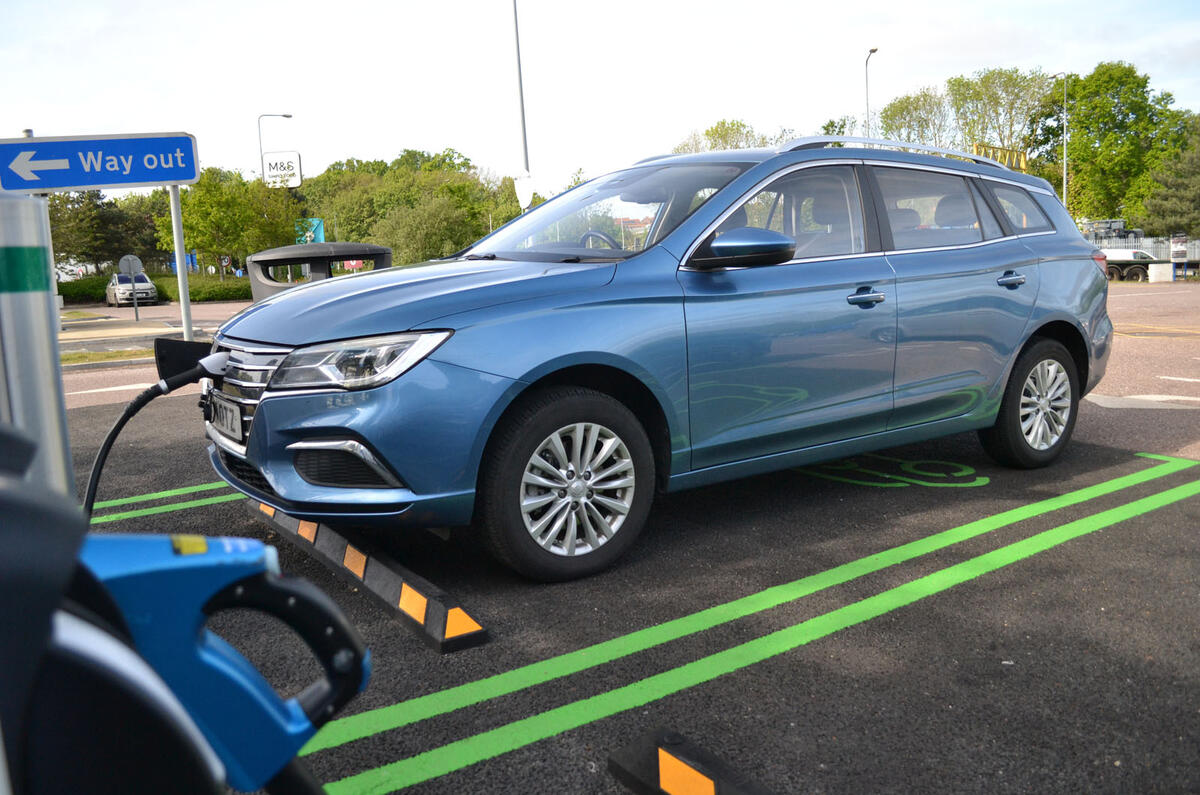HMRC’s latest mileage rates for company car drivers come into force today (1 June), amid fleet industry criticism that they do not cover the rapidly increasing cost of charging electric vehicles, even if they are plugged in at home.
Advisory Fuel Rates (AFRs) and the Advisory Electric Rate (AER) are HMRC-approved per-mile rates at which drivers can be reimbursed for business journeys or pay back their employers for any private trips using company fuel. They are updated quarterly, to match pump prices and the improvements in vehicle efficiency.
The new AFRs supersede rates announced days before Russia invaded Ukraine at the end of February. AA data shows petrol and diesel prices increased by 10% and 16% respectively during the following two months, and AFR adjustments of between 1p and 3p per mile (depending on fuel type and engine size) accommodate that difference.
However, there are no changes to the AER, which remains at 5p per mile despite being criticised for not covering charging costs for some larger, less efficient models or public charge points.
That gap has continued to widen. On 1 April, government regulator Ofgem’s latest price cap raised the unit cost of home electricity from 21p per kWh to 28p per kWh for an estimated 22 million households on end-of-contract ‘default’ tariffs. Some public charge point operators began raising tariffs last autumn to cover the rising cost of energy, and rapid chargers close to major routes are typically 50p per kWh or more, compared with 30p per kWh a year ago.
Fleets and businesses accounted for two-thirds of electric car registrations in 2021, according to SMMT figures, and the 5p per mile rate is unlikely to cover drivers’ charging expenses. A typical mid-sized electric car averaging 3.5mpkWh would cost 8p per mile on a default domestic tariff, or 14p per mile at a 50p per kWh rapid charger.
Matthew Walters, head of consultancy services at LeasePlan UK, warned that this could leave drivers out of pocket, with no straightforward alternative. “HMRC guidance states that you can either pay AFRs or pay based on ‘actual costs’. However, no guidance is or will be given as to what methodologies will be recognised when calculating these costs,” he said.
“Furthermore, calculating the ‘actual costs’ for an EV is often a complex process due to the mix of home energy and public charging and the different VAT rates involved. Businesses will need to review their reimbursement policies given this missed opportunity. We’d recommend that they speak to their leasing partners, who should be able to advise them on established methods.”
| Engine size (cc) |
AFR |
| Up to 1400 | 14p/mile |
| 1401 to 2000 | 17p/mile |
| Over 2000 | 25p/mile |
| Engine size (cc) | AFR |
| Up to 1600 | 13p/mile |
| 1601 to 2000 | 16p/mile |
| Over 2000 | 19p/mile |






Join the debate
Add your comment
Such a near miss last year, I was that close to pulling the trigger on a Tesla dual motor, drawn to the high power. The fact the 3 is a saloon and the Y Hatchback is too expensive was a bit of an issue too.OK so the Tesla's BIK cost is non existent, but that financial gain would have been lost into higher lease payments as they are expensive and residual are not brilliant.
My RAV4 hybrid gets me 25p per mile from this months rise, whilst costing me about 15p a mile even at the fuel costs now. Instead of losing money per mile, I profit which I can offset against the BIK I have to pay too.
When the fuel price cap goes up again later in the year, there are going to be a lot of even more disgruntled company EV drivers!!!!
(this post look formatted in preview, but I bet as soon as I click 'post' it strips all my line breaks out -annoying!)
I just ran my Model 3 through Parkers. £34 to £36.5k, cost £40k, and had it 2 years and 7 months and 30k miles, so I'll be at the high end. Around £4K - £6k in that time is pretty low depreciation even allowing for increase in 2nd hand cars in general.